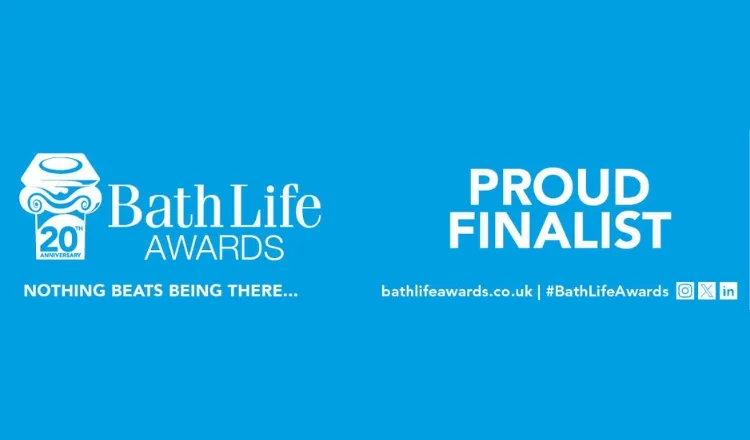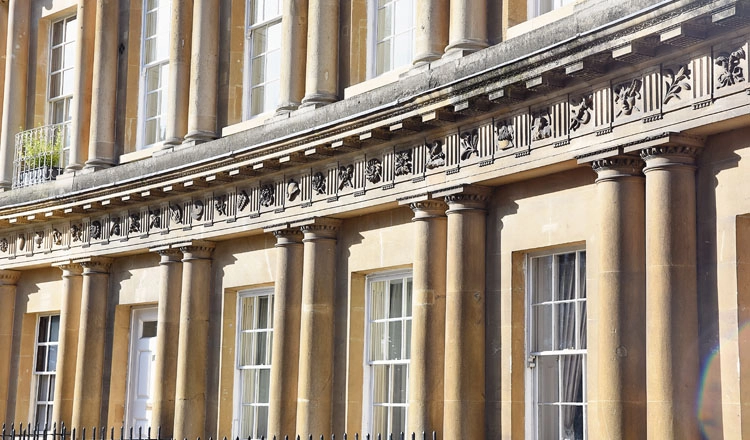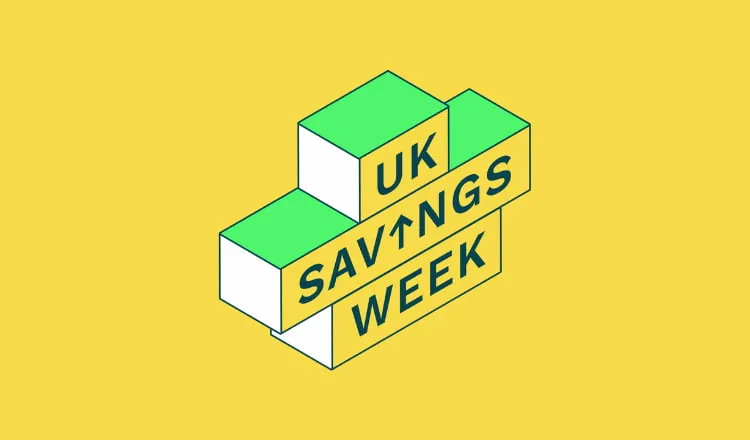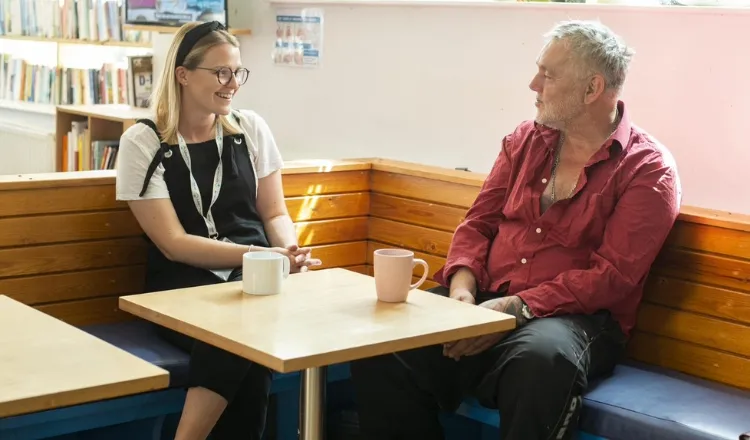Introduction to Mortgages
Posted on 28th March 21
A mortgage is a big financial commitment. It is important that you know what a mortgage is, how it works and what the process of obtaining and running a mortgage involves.
What is a mortgage?
A mortgage is a loan obtained by using property as security. Very few of us can afford to buy our homes outright, so at some stage in our life will require a mortgage. Taking on such a large commitment is probably the most important financial decision you are ever likely to make.
What is a remortgage?
A remortgage is where you move your existing mortgage to a new lender but you are not moving house. We will follow the same process for a remortgage as for a property purchase.
Who is responsible for a mortgage?
If you take out a mortgage on your own, then you are responsible for it. If you are taking out a mortgage with another person, then both of you are ‘jointly and severally’ responsible for it. This means that each borrower is individually responsible for ensuring that the mortgage is paid satisfactorily.
If at any time during the mortgage term one of you wants to be released from your joint mortgage contract then you must contact us. We will ask the remaining borrower to complete an application form so we can assess his or her status and decide if he/she can take sole responsibility for the mortgage.
If a party to your mortgage dies, the mortgage is automatically transferred into the name of the surviving borrower(s). We will need to see the death certificate.
Interest rate options
There are many types of mortgage products available in the marketplace. Bath Building Society may offer one of more of these options, depending on market conditions. Please see our current mortgage product range for further details.
Variable Rate Mortgages:
A variable rate mortgage has an interest rate that can fluctuate. If the mortgage interest rate falls, then your monthly payment will reduce, but if it increases, then the monthly payment will also increase. All lenders have a standard variable mortgage interest rate on which they base their variable mortgage products. The lender will decide when to increase or decrease this standard rate, usually (but not always) based on the Bank of England’s base rate. There may be a limit on how far your interest rate can fall. This is called an ‘interest rate floor’. The interest rate floor applicable to your loan will be specified in your loan documentation.
Fixed Rate Mortgages:
A fixed rate mortgage has an interest rate which stays the same for a set period of time. During the fixed rate period, your monthly payments stay the same. Fixed rate mortgages may be taken out by people who need to budget or who believe general interest rates are likely to increase. However, if a lender’s standard variable mortgage interest rate falls before the fixed rate level, you will continue to pay at the fixed rate and will therefore pay more.
Discounted Rate Mortgages:
A discounted rate mortgage has an interest rate which is a discount from the lender’s standard variable mortgage interest rate, for a specified period of time. The discounted rate could be a set amount for a set term, or be ‘stepped’ for example a 2% discount in year one and a 1% discount in year two. The interest rate will fluctuate as the lender’s standard variable mortgage rate moves up or down.












